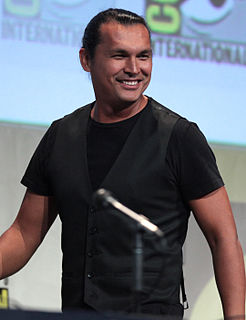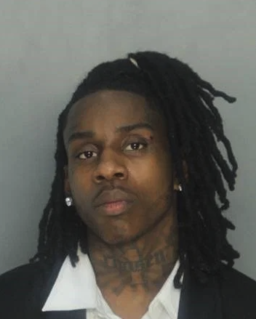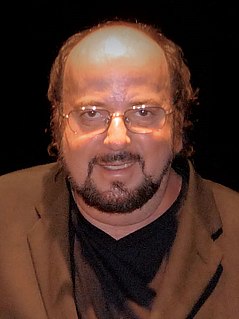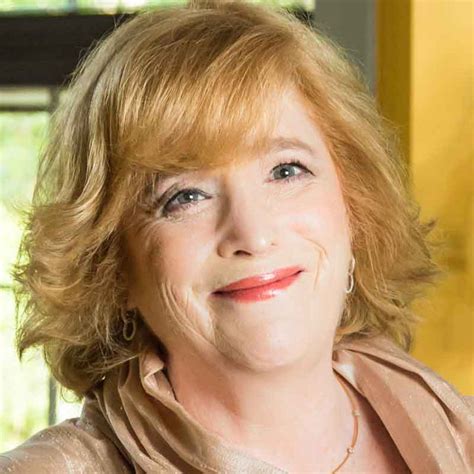A Quote by Mark Goulston
PTSD occurs following a trauma that was so awful that in retrospect you don't understand how you survived. What that causes is an extreme feeling of vulnerability that you get past but that doesn't go away.
Related Quotes
We [Americans] have a historical trauma when it comes to the past relationships when it comes to Native Americans and the history of how America was created. With this film, it's nice to see that the trauma is presented from a white male that was in the Civil War and that trauma affects him in a way that still exists.
People are great. But there's people who you get together with and you talk and you go away feeling energized, you feel inspired. And then there's people who you talk with and you go away feeling horrible, feeling drained, feeling like you're incapable of doing anything. Those people are psychic vampires and I now stay away from them.
Indifference is the saddest state of being. It's like PTSD - you're not gonna fight, you're not gonna run, you're just frozen there, feeling nothing. It's very easy to have conversations when you're sitting there feeling nothing, to talk about the weather or what you had for lunch, to Instagram what you had for lunch. We're all suffering from trauma. This world is so crazy. How do we feel safe here? I think that's the question everybody's asking, "What do I need to do to feel safe? Like I'm okay?" I don't think there's anything wrong with that.
When people are temperate in their behavior, in their lives, someone who is addictive or extreme or obsessive can't understand how people can just go through their lives in the middle, and people who are rational and balanced can't understand the opposite. I'm one who's in the extreme camp in almost every area of my life and I always have been. I've observed that I'm in a minority, but I never understand people who are measured.
If we take a hard look at what poverty is, its nature, it's not pretty - it's full of trauma. And we're able to accept trauma with certain groups, like with soldiers, for instance - we understand that they face trauma and that trauma can be connected to things like depression or acts of violence later on in life.
Letting go is not the same as aversion, struggling to get rid of something. We cannot genuinely let go of what we resist. What we resist and fear secretly follows us even as we push it away. To let go of fear or trauma, we need to acknowledge just how it is. We need to feel it fully and accept that it is so. It is as it is. Letting go begins with letting be.






































